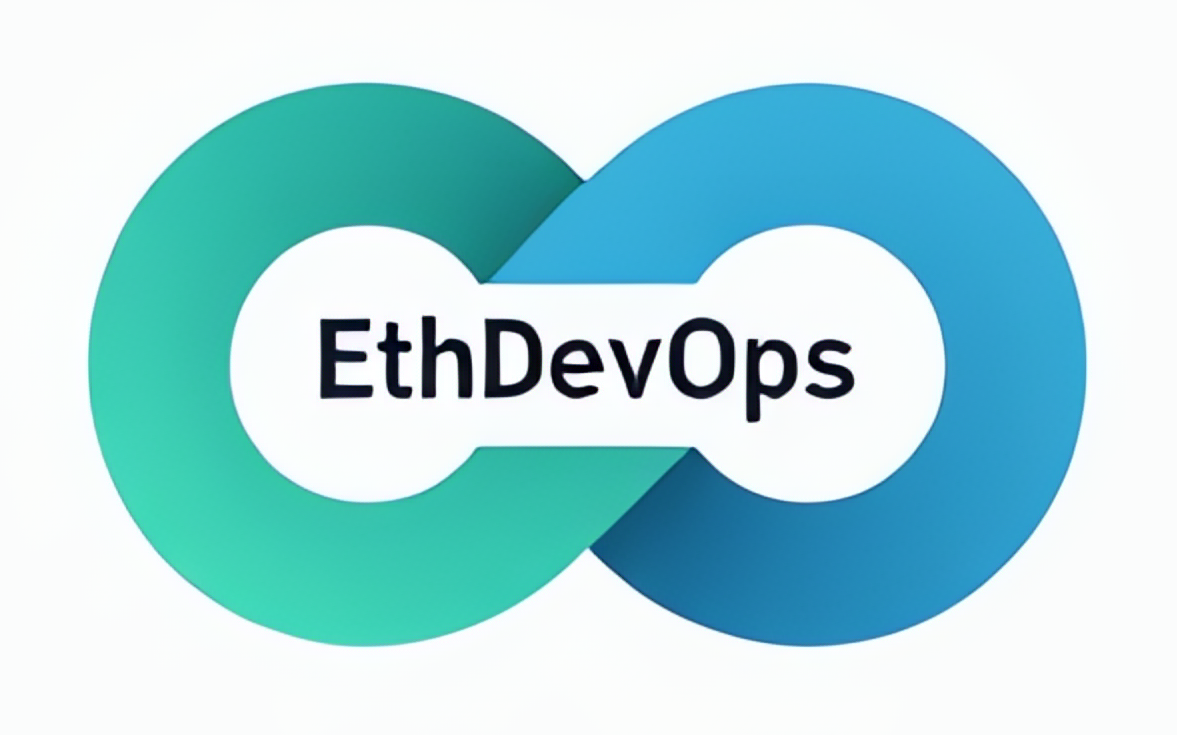DevOps revolutionized how we build, ship, and operate software by emphasizing automation, collaboration, and rapid feedback loops. However, the speed and scale of modern development have introduced new risks—unintended consequences, bias in algorithms, data misuse, and ethical blind spots.
Ethics in DevOps is no longer optional. As systems become more autonomous and decision-making shifts to code, the potential for ethical harm increases. A misconfigured pipeline can leak sensitive data. An unchecked model can reinforce societal bias. A rushed feature can erode user trust.
Ethics provides a stability layer that complements velocity. It helps teams:
- Identify risks early in the development lifecycle
- Make trade-offs that consider long-term impact, not just short-term delivery
- Build systems that respect privacy, promote fairness, and serve diverse users
- Align technical decisions with organizational values and public expectations
Moreover, many ethical issues arise not from malice, but from oversight. In fast-moving DevOps environments, decisions are made quickly and often under pressure. Without built-in ethical checks, teams may optimize for speed while unintentionally sacrificing values.
Integrating ethics into DevOps ensures that responsibility scales with automation. It empowers engineers, operators, and product teams to make informed, value-driven choices without stalling progress.
In short, ethics in DevOps is about building not just better software, but a better digital world.


Leave a Reply